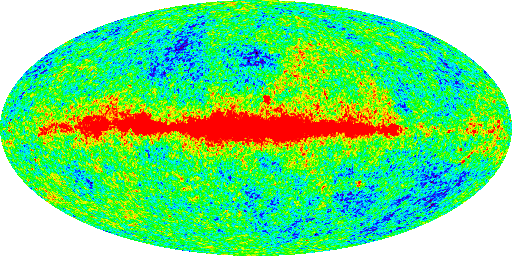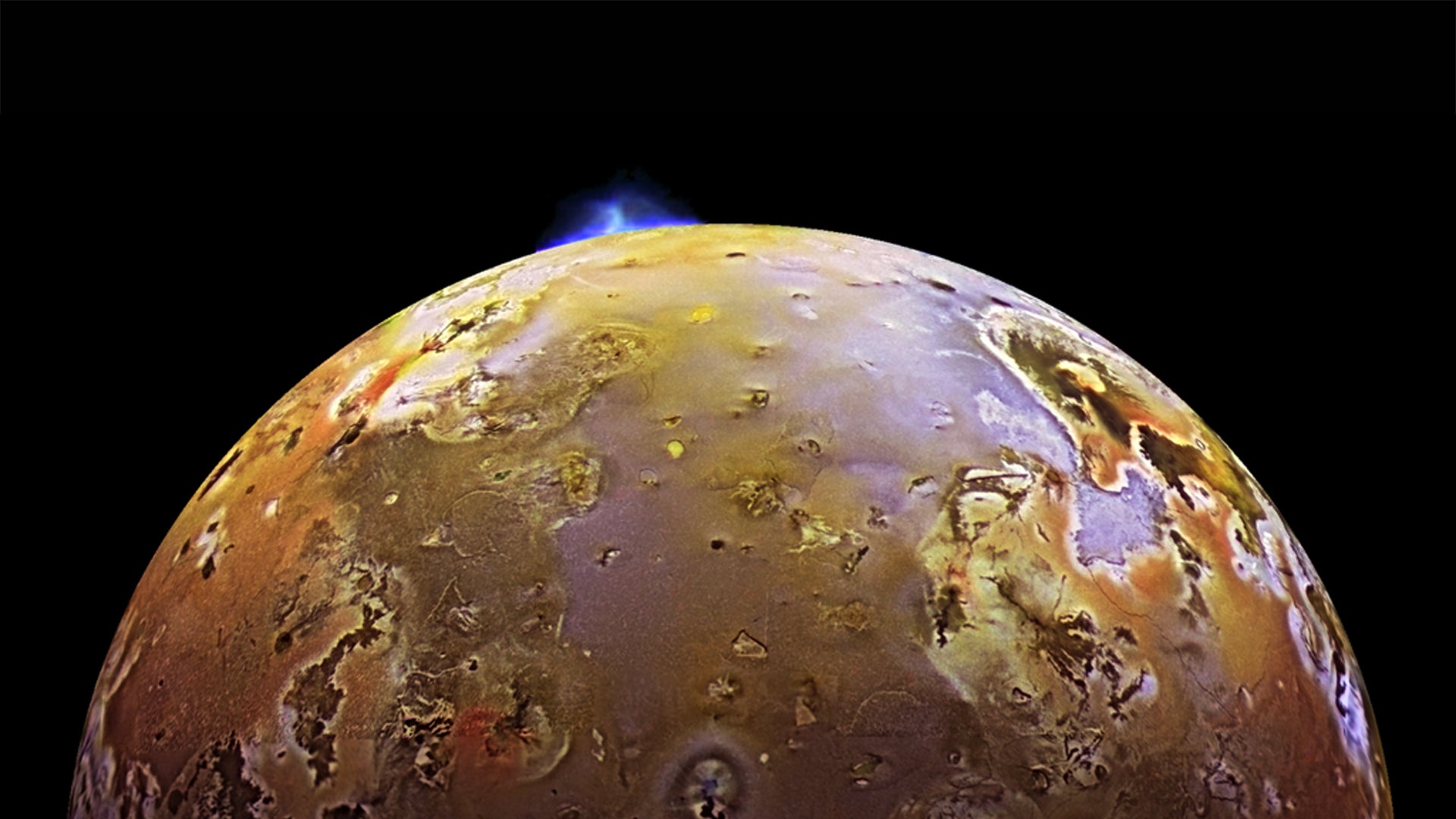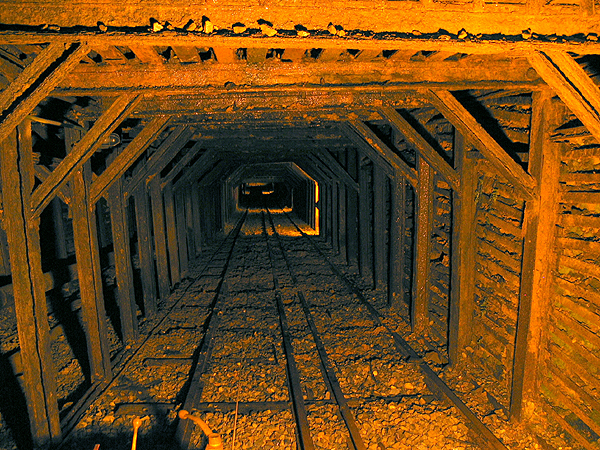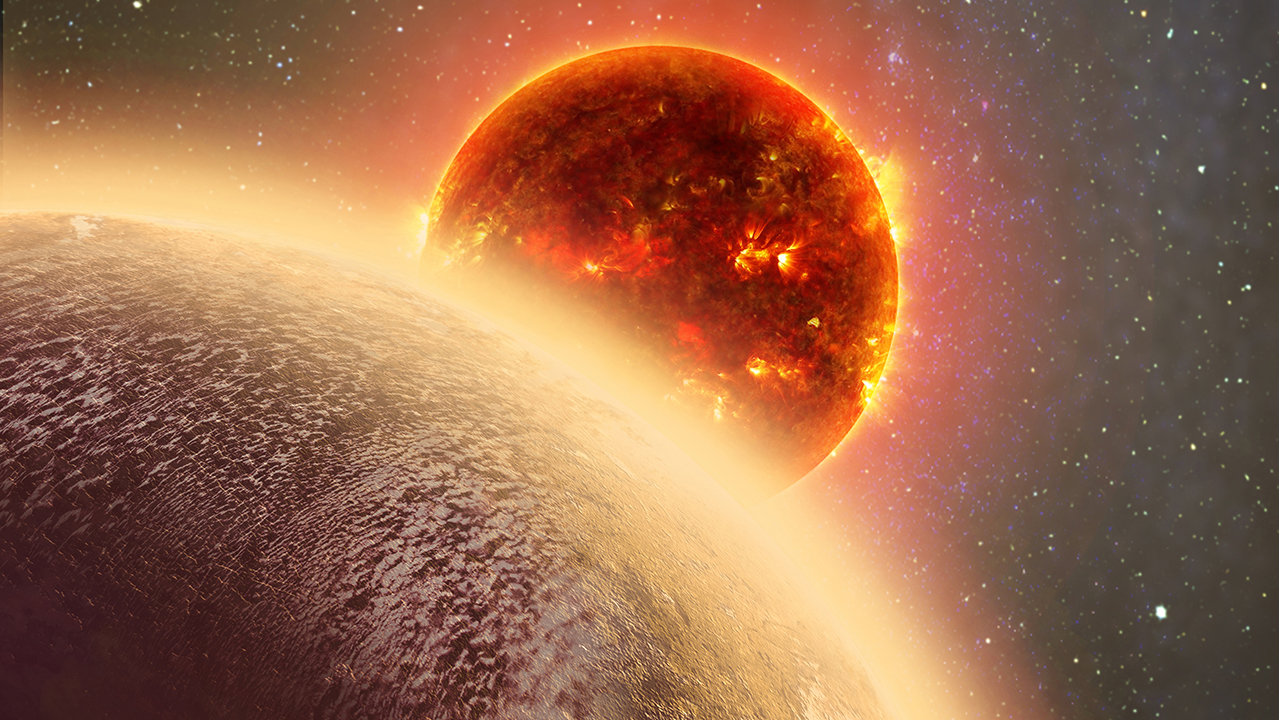Nope.
Not Superman. I have
so ODed on superheroes, and there are more interesting things to be seen in the sky (though you may need a Really Big Telescope).
Such as? A planet(s), perhaps?
 |
| Pluto closeup (Thank you, New Horizons) |
How many planets does the Solar System contain? Have you gotten over Pluto's demotion? Are eight planets too few for your taste? Planets being large, is "dwarf planet" an oxymoron? Good questions, all.
Help's on the way -- a new definition of
planet has been suggested, the least of its features being a return to planetary status for Pluto. Said trial balloon has, as of yet, no official status, but still ...
To summarize that proposal, if an object is sub-stellar (and exhibiting, or having undergone, fusion is a pretty unambiguous characteristic)
and it's basically round: that's a planet. None of the "cleared out its orbital neighborhood" judgment call, the cause of Pluto's demotion. The proposed rule would apply nicely to bodies orbiting other stars, where we have no possibility (for the time being, anyway) of knowing what orbital neighborhoods have or have not been cleared. By this definition, dear old Sol has about a hundred known planets (with the familiar Moon becoming our closest planetary neighbor)! For more about this proposal, see "
Behind the Push to Get Pluto Its Planetary Groove Back."
It's an interesting concept, but I'm not completely on board. I like that mass -- which can be ascertained across even many light-years of distance -- is the determining factor:
- Anything massive enough will collapse to be basically round.
- Anything too massive will sweep (or have swept) up enough hydrogen from its precursor nebula to initiate fusion ignition.
I
don't like that in the new proposal the distinction between orbits-a-star and orbits-a-nonstar would go away. IMO -- and I'm not the only person to express this opinion -- we have a perfectly fine label for any round sub-stellar body:
world. I'd be for
world to be the label for any sub-stellar body that's round. There would then be three classes of worlds: planets (orbit stars), moons (orbit planets), and free-floating (orbit neither stars nor planets [but likely orbit much larger constructs, like star clusters or a galaxy as a whole]). Less massive objects, never round, would still be called asteroids.
Speaking of orbiting things ...













.jpg)




















































